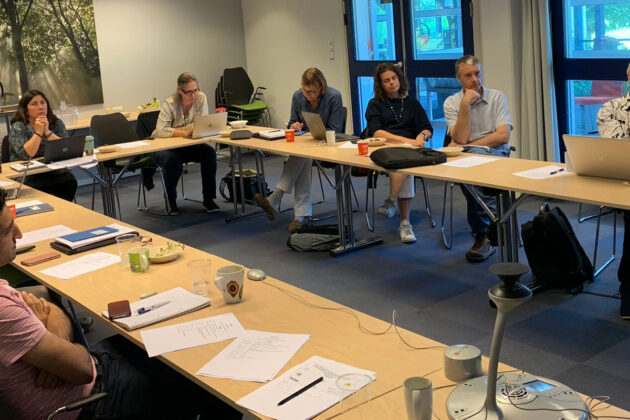CMSEdit
Gene editing for CMS resistance in salmon

Identify and validate candidate genes for CMS resistance in Atlantic salmon through state-of-the-art gene editing.
Start
01. Mar 2019
End
28. Feb 2023
Funded by
The Research Council of Norway
Cooperation
Norwegian University of Life Sciences (NMBU), OsloMet, Fridtjof Nansen Institute (FNI), The Arctic University of Norway (UIT), Walter+Eliza Hall Institute of Medical Research (WEHI)
Gene editing is a new technology that has potential to provide new opportunities for breeding to improve production efficiency and disease resistance.
Cardiomyopathy syndrome (CMS) is a disease which causes economic losses and adversely affects the welfare of fish in Norwegian aquaculture.
Use of state-of-the-art gene editing technologies for improvement of CMS resistance is likely to be highly beneficial for the Atlantic salmon aquaculture.
Our previous studies have located areas in the genome that contain genes affecting CMS resistance.
This project will identify candidate genes and evaluate their function in laboratory cultured heart cells and in fish.
The project will also develop and assess the effectiveness of breeding strategies employing gene editing for creating CMS resistant salmon, and design and assess the potential of a special schemes aiming to deliver gene edited salmon fingerling to suppliers.
The ethical, social and legal implications of developing CMS resistant salmon using gene editing will be investigated. Active responsible research and innovation (RRI) processes for gene editing will be promoted with stakeholders.
The project will create a knowledge base and example for the industry regarding disease management through state-of-the-art gene editing; this will greatly improve the bioeconomy and sustainability of Atlantic salmon production.
Publications
Research areas
Breeding and genetics
Topics
Fish health
Research facilities